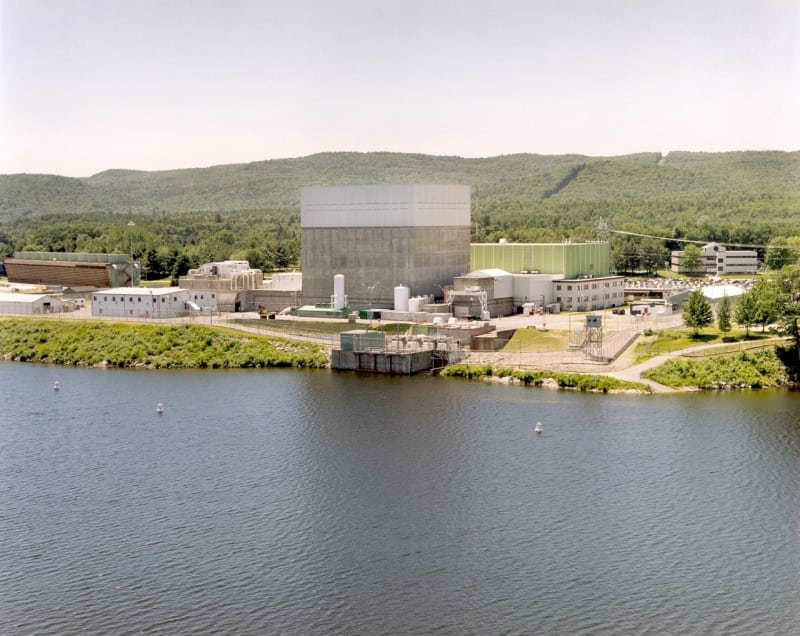
RadWaste Monitor Vol. 13 No. 2
Visit Archives | Return to Issue PDF
Visit Archives | Return to Issue PDF
RadWaste & Materials Monitor
Article 1 of 6
January 10, 2020
Novel Decommissioning Biz Model Advancing at Vermont Yankee

By John Stang
A year into the first-of-its-kind arrangement, decommissioning of the Vermont Yankee nuclear power plant appears to be proceeding smoothly, according to the head of a local citizens organization.
NorthStar Group Services completed the purchase of…
Partner Content